Día de Muertos (or Día de los Muertos, as it is known in the US), known for its vibrant colors and the heartfelt way in which we remember those who have departed from our physical world, is a vibrant and heartfelt celebration deeply rooted in Mexican culture that has captivated the hearts of people worldwide.
With its growing popularity after blockbuster films like Coco, with the power of social media, and the stunning, flashing colors this holiday has, it's no wonder why more and more people of other ethnicities, backgrounds, and countries feel drawn to this tradition.
As this beautiful tradition gains popularity, it's natural to wonder: Can I celebrate Día de Muertos if I am not of Mexican descent? These are questions we get asked all the time and are witness to these dialogues on social media, and today, having the holiday at our doorstep, we decided to attempt to answer it. In this reflection, we aim to shed light on this question, emphasizing the importance of cultural appreciation over appropriation and suggesting ways in which to do it "right".
Before we delve into this question, here’s a major disclaimer: this reflection is an opinion piece and in absolutely no way an academic, research paper. The dialogue surrounding this topic is diverse, with varying—and sometimes contradicting—viewpoints, so we encourage you to continue your research and exploration until you find an answer (and the keep researching more!).
Let’s begin by breaking down the difference between cultural appropriation and cultural appreciation. According to Grant Loveless insightful article, cultural appreciation involves an individual's sincere effort to understand and explore a different culture, aiming to expand their worldview and foster intercultural connections. In contrast, cultural appropriation is essentially the act of appropriating or selectively borrowing (a.k.a. “cherry picking”) a single element from a culture that is not one's own, for personal gain or interest.
Now, Día de Muertos is a profound tradition in Mexican/Indigenous culture. It's a time to honor and remember departed loved ones, celebrating their lives and the connection between the living and the deceased, and a moment to honor our ancestors. To fully appreciate and not appropriate this tradition, one must grasp its cultural significance.
Día de Muertos dates back thousands of years, with indigenous roots. In the Aztec/Mexica cosmovision, death was seen as an extension of life, where the soul (Tonalli) continued to exist in another realm. Over time, the holiday merged with Catholic All Saints' Day and All Souls' Day, resulting in the modern celebration on November 1st and 2nd.
Each region in Mexico may celebrate differently, but the common thread is the persisting idea that our departed ancestors come and visit during one night. That is, that the world of the death and living join together for a few hours.
Although celebrated differently depending on the region and even household, this practice is typically accompanied by a special offering, an "ofrenda," an altar adorned with essential and meaningful elements, such as marigold flowers (cempasúchil), salt, incense, Pan de Muerto, and food and beverages loved by the departed.
So, how can individuals not of Mexican descent participate in this celebration while being respectful of the practice?
We believe there are ways…
Firstly, it's vital to engage with Día de Muertos in a manner that acknowledges its cultural roots, not treating it as a costume or party theme. Take La Catrina, for example. While this striking sugar skull makeup has become synonymous with Día de Muertos, it's essential to recognize its significance. La Catrina represents the beauty in life and death, a respectful cultural symbol, and not a Halloween costume.
Avoiding common pitfalls is equally important. Don't trivialize the holiday, use it for commercial gain without understanding, or perpetuate stereotypes. In our home, for example, we prepare weeks in advance by gathering the essential elements necessary, planning out the place in our home where the altar with the ofrenda will be. We plan ahead and cook the meals for each of our family members or even go out to get them from their favorite places. While doing so, we celebrate their memory but also their existence with grief and pain.
Remember that Día de Muertos is not just a Mexican version of Halloween; it holds profound cultural and spiritual significance for everyone that practices it. In that same note, we emphasize that taking elements from this cultural/spiritual ritual and employing them in a different context than their intended purpose is not only offensive, but it can hurt its intended use and significance.
As you prepare to celebrate this holiday, there are in fact ways in which you can be supportive. First, invest time in learning about this holiday history, customs, and regional variations. Research the significance of ofrendas, calaveras (sugar skulls), and the meaning of each element in the ofrenda for example.
We urge to do this while collaborating with and engaging Mexican/Indigenous individuals, rather than those outside our culture and community. In doing so, consider giving back to our community in tangible ways to express your gratitude for our sharing of our culture, food, music, and traditions.
If you're an educator, use Día de Muertos as an opportunity to teach cultural sensitivity and foster meaningful discussions. As an immigrant, I also urge educators/community leaders to encourage the youth to explore their ancestral traditions linked to death and extend support to the Latinx community. This occasion offers a chance to help students recognize the holiday's distinctive significance and the richness that tradition holds, rather than empowering the misconception that it's merely a Mexican version of Halloween. (In this last note, we remind you that we keep adding as many articles as we can for you all to have resources and make ourselves fully available to chat about this).
Second, source your Día de Muertos essentials from Mexican/Indigenous artisans and/or Mexican/Indigenous-owned businesses (did you know that Lolo is a Mexican-owned small business working directly with artisans?). This will ensure that your appreciation remains in the culture and supports those where the tradition comes from. Remember and honor that Día de Muertos is both a religious and cultural legacy, belonging to the ancestors of the Native peoples of what we now know as Mexico, and the neighboring countries divided by geopolitical borders.
Third, be respectful of how others practice it and of the spaces in which they do so. We encourage you to travel to Oaxaca, Pátzcuaro, Mexico City, Estado de Mexico, Jalisco, Campeche, Aguascalientes, Morelia, and so many other places where this celebration takes its unique twist. However, do so by being sensitive. Stay away from places where you’re not invited, respect that people are mourning and honoring a deeply rooted cultural practice. Do not take pictures or videos unless asked for, do not interrupt, and overall stay conscious that this is a practice which you might not be familiar with.
Ultimately, we believe that celebrating Día de Muertos as a non-Mexican can promote cultural understanding, appreciation, and connection. It's an opportunity to honor the cultural richness of Mexico while respecting its deep-rooted traditions. We believe that there is power in cultura, and we welcome those who genuinely appreciate and respect it to join in celebrating this beautiful tradition. However, we also urge you to keep informing yourselves, join in in the dialogue, and read other's perspectives. On our end, we are committed to continue to do the same.
---
So, what do you think? Do you agree with us? What is your stance in this dialogue? If you have any more information in this subject that would like to share with us and other readers, we would love your feedback and suggestions on anything you found at Lolo, good or bad.
Remember that we are a small, family-owned business and every word from you is treated like gold here!
Also, as we wrap up Día de Muertos Celebrations, we take this opportunity to ask: what products are you sure would like to see next year? which other topics would you like to read about? Let us know in the comments below, we love reading them
Lastly, you can learn more about us in our Info, About Us, Meet Lolo, and FAQs sections. You can also shoot us an email at info@lolomercadito.com or chat with us! We try to always be available for any questions and, as some of you already know, we are available for any community engagement you'd like us to be involved in!

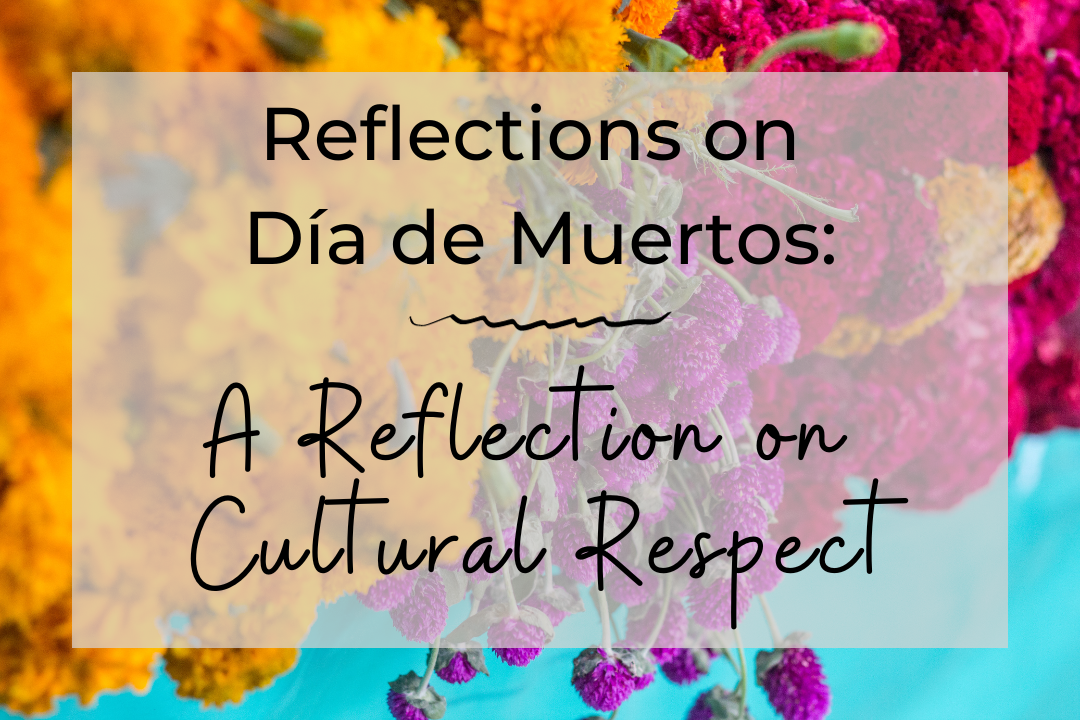
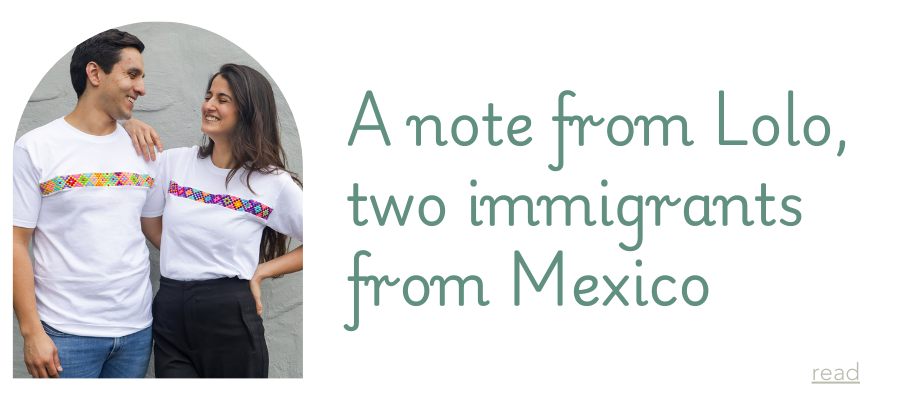
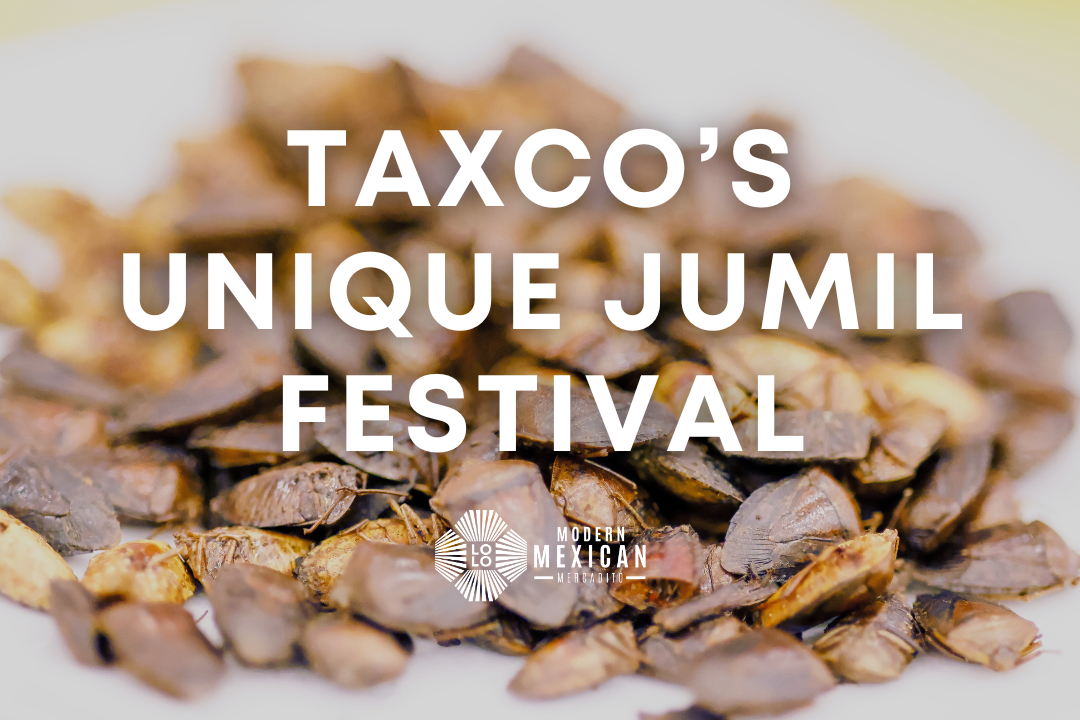
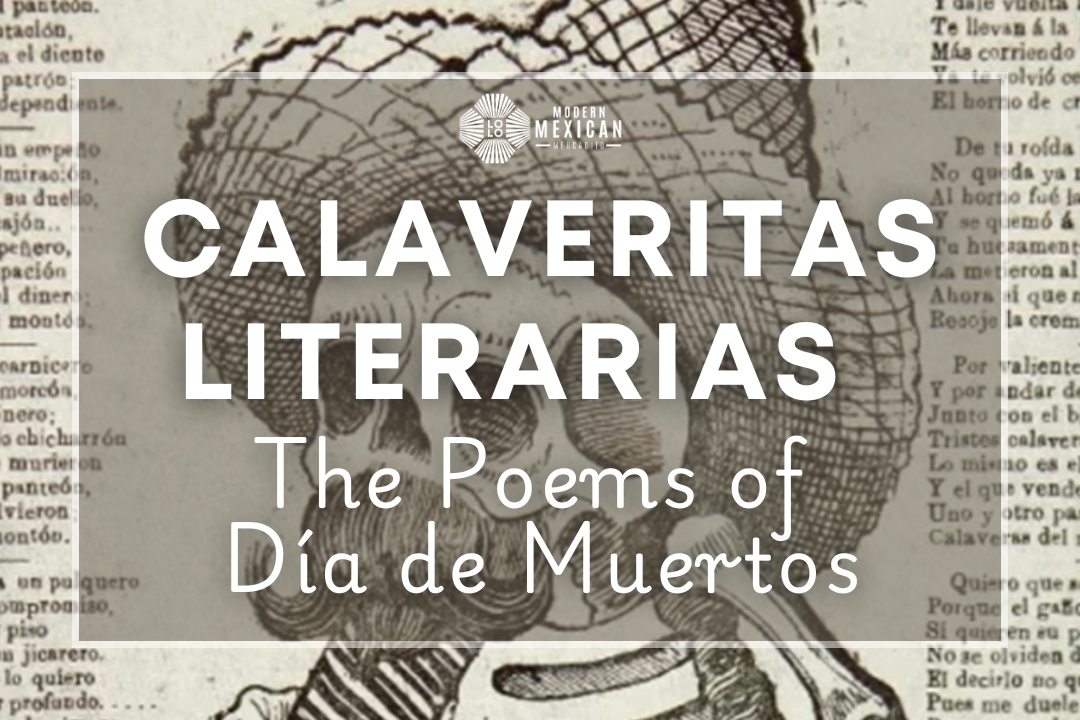
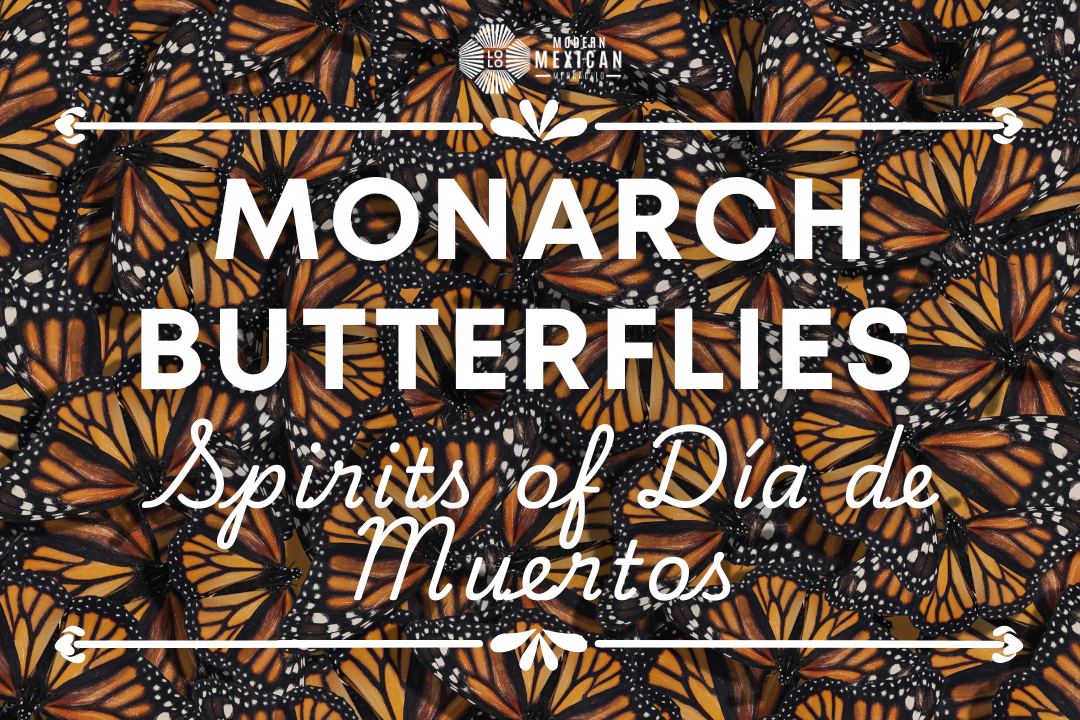
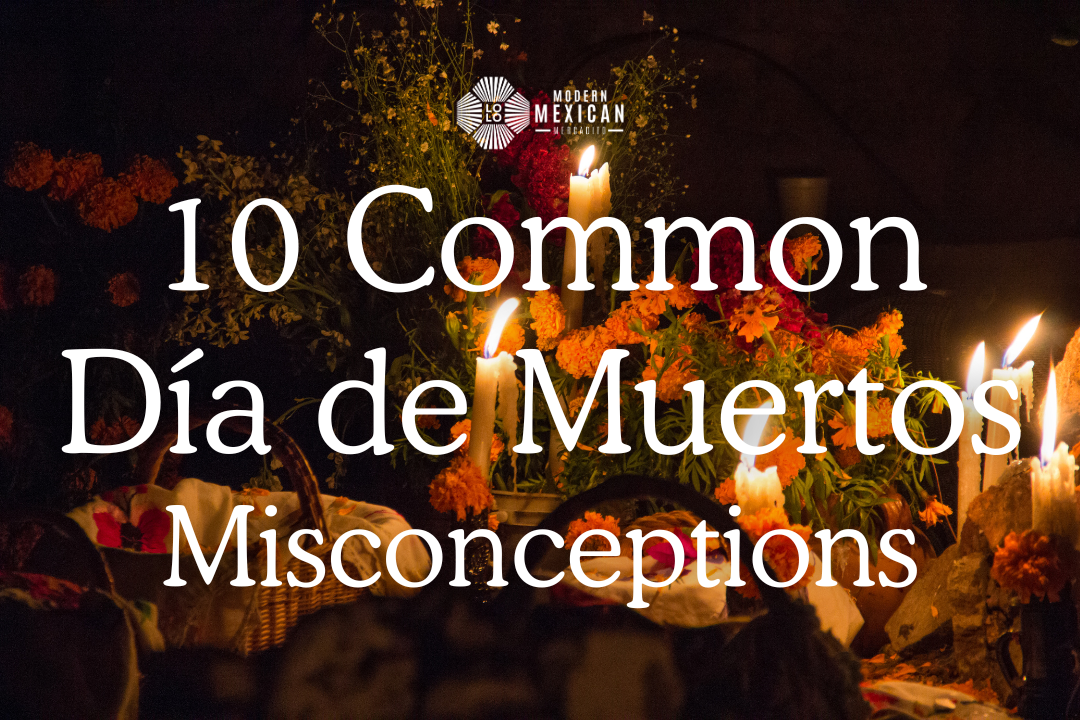
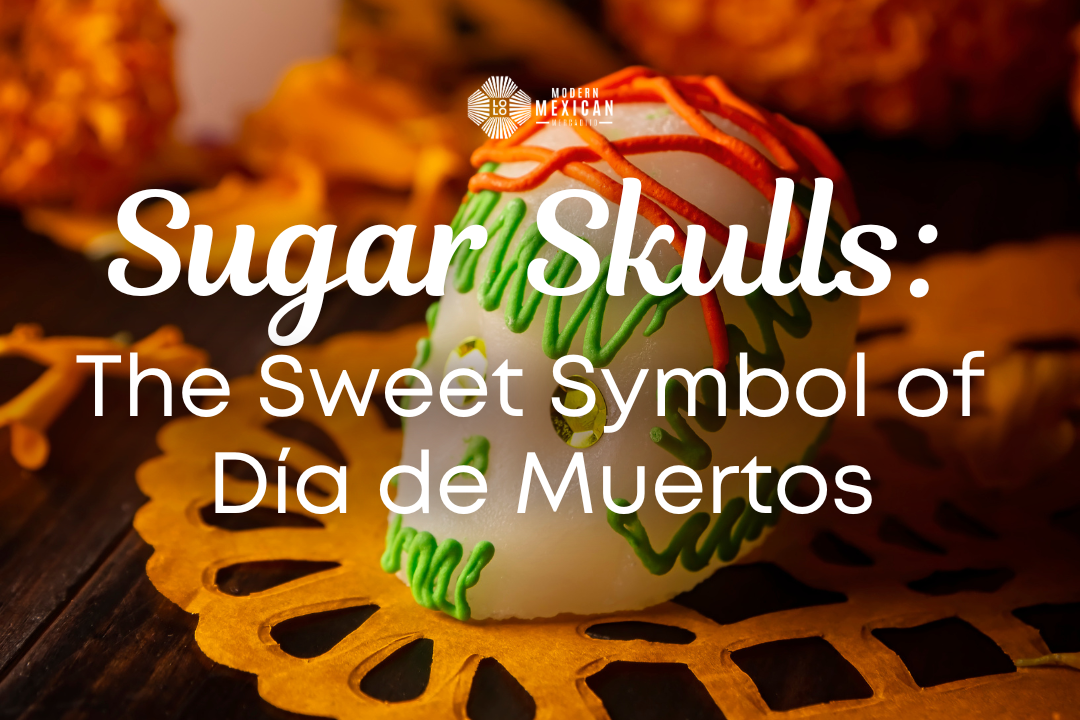

5 comments
Jean Capron
Because of where I live in California I see celebrations of Dia de los Muertos all around me. After my husband died, and partially because of my own practice of honoring All Saints and All Souls, I decided to make an offrenda to his memory and now do it every year. I too have wondered about cultural appropriation and this article has been very helpful. Thank you.
Ara Parker
I appreciate your blogs and articles so much and your fair market philosophy.
Nora CORYELL
Fantastic article and so important……about n issue I have struggled with a lot for decades.
Tapia Martinez
Though I’m of Mexican descent (2nd generation), I was not raised with Dia de Muertos being a part of our lives, and so did not participate. However, once a cousin shared pics of her ofrenda with me, I decided to take it up. It has been a wonderful experience.
I included my fiance in the process, who is Italian, and we both found items that had belonged to both our parents (the pictures were easy), and items they would like. I found the whole process brought back many wonderful memories of having been with our loved ones when they were alive.
I would recommend more people do this, as long as they respect the intention of the celebration and do not commercialize or bastardize it. Now that I’m on the other side of preparations, I find myself reflecting about event in my past, even more.
Thank you for the opportunity to share these reflections.
Hope O'Keeffe
Thank you! I have been creating an ofrenda since my father (whose birthday is November 1) passed into ancestry 17 years ago; sadly, it grows every year. I worry a great deal about the cultural appropriation aspects of it but it has become an important way to honor and remember my beloveds. Your guidance, like your products, is most welcome and appreciated.